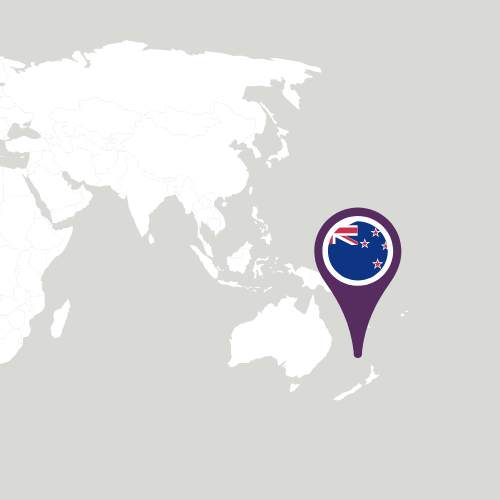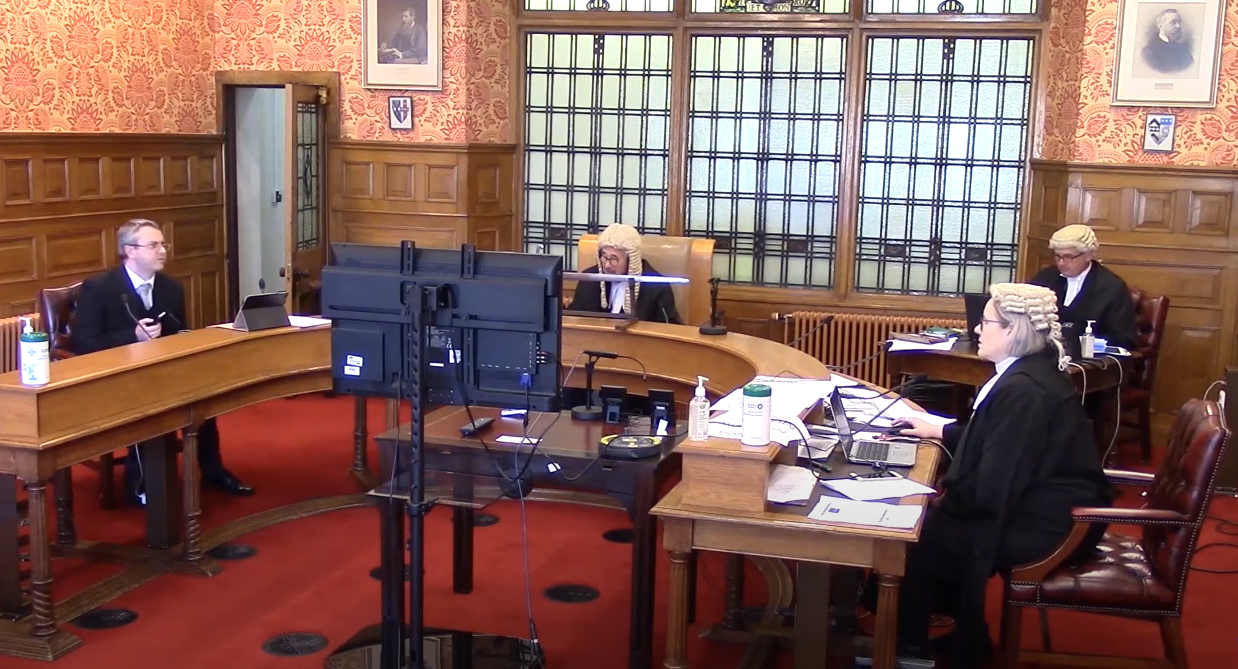Report on Webinar Series: The Rise of Cybercrime Amid Covid-19
Published 08 October 2020

Introduction
The Covid-19 pandemic has led to many changes in the way people live their daily lives. The implementation of social distancing measures across the world to help curb the spread of the disease has meant people can no longer meet as they did before, and in particular carry out their usual work duties. With these restrictive measures coming into force, the world has seen a surge in the use of technology as a tool to continue to keep businesses running and people connected during the pandemic. Parliaments in particular have had to think of innovative ways to keep democracies functioning and delivering on their role of representing citizens and providing oversight and scrutiny. The increased reliance on digital infrastructures has created opportunities for cyber criminals to exploit - there has been a surge in online fraud against individuals and ransomware attacks against businesses, and virtual parliamentary sessions have been interrupted by hackers. In the UK , within the first three months of lockdown victims of online coronavirus-related scams lost a total of over £11 million, with over 13,000 reports of phishing emails made to the National Fraud and Cyber Crime Reporting
Centre.
It is against this backdrop, that cybersecurity is now of growing importance and a priority for many Commonwealth parliaments, both in order to continue important parliamentary business through virtual proceedings and ensuring that legislation sufficiently protects citizens from these increasing cyber risks.
Series Overview
Considering the new challenges and trends emerging within the field of cybersecurity during the pandemic, CPA UK held a webinar series on The Rise of Cybercrime Amid Covid-19 in August 2020.
This three -part webinar series bought together expert speakers from the fields of cybersecurity, research and academia as well as Commonwealth parliamentarians, to provide insight into cybercrime during the Covid-19 pandemic and share approaches taken by parliamentarians in ensuring the effective use of oversight and scrutiny mechanisms in this area.
With the aim of furthering participants understanding of emerging cybersecurity threats not just to citizens but also legislatures, the series provided practical advice on remote working for parliamentarians and staff, as well as technical aspects to virtual parliamentary proceedings such as remote voting.
The series also aimed to support progress with the pledges made under the Commonwealth Cyber Declaration adopted by Commonwealth Heads of Government in 2018 and build upon previous CPA UK programmes, including the Cybersecurity Workshop held in Westminster in February 2020. During the series, participants heard from delegates from the Workshop, who shared recent developments in their respective legislatures including progress on the Cyber Security Bill currently going through the Parliament of Sierra Leone.
The series focused on three main themes under cybersecurity and Covid-19: key trends and issues pre and post Covid-19; the changing nature of threats to Parliament; and the role of parliamentarians. This report explores the key takeaways and lessons shared over the course of the series.
Key Takeaways
Cybersecurity Under Covid-19
The series was opened by William Dixon from the World Economic Forum, who gave participants insight into recent developments in the field of cybersecurity, and in particular the exploitation of increased online activity by existing criminal groups. With Covid-19 research and vaccine studies being targeted in the UK, the discussion touched on how the pandemic has heightened tensions between states as well as the importance of establishing strong cyber defence systems across
all sectors.
The importance of research-informed policy
Watch above as Dr Grant Hill-Cawthorne, Head of the Parliamentary Office of Science and Technology (POST), describes the inception of the UK Parliaments research body, its role in providing scientific advice to parliamentarians on technical issues including cybersecurity as well as some of POSTS recent findings on cybersecurity of consumer devices.
Approaches to Legislating
How to ensure legislation is able to effectively tackle cybercrime remains a question amongst policy-makers, particularly considering the pace at which new technologies are being developed and the growing intricacy of cyber-attacks taking place across the world. Professor Rebecca Williams from the University of Oxford shares her research on the most effective approaches available to legislators when tackling the unique challenges presented by cybercrime, as well as the importance of taking an interdisciplinary approach to this.
Keeping our democracies safe
With the adoption of virtual parliaments and changes to procedure across the Commonwealth, the Cyber Security Programme of the UK Parliamentary Digital Service took participants through the digitalisation of processes in the UK Parliament such as remote voting and virtual chamber debates, as well as important safety considerations to make when working from home.
Approaches from the Commonwealth
The final webinar of the series explored the role of parliamentarians in promoting cybersecurity as a national security priority within their legislatures, including the various parliamentary mechanisms available to ensure effective oversight and scrutiny of the approaches taken by the executive. With panelists from the UK Parliament, the Parliament of Ghana, the Parliament of Australia, the Parliament of Fiji and the Parliament of Sierra Leone, the session looked at progress of cybersecurity bills in Ghana and Sierra Leone, the role of committees in examining policy, the influence of all-party parliamentary groups, as well as the importance of community level engagement to tackle fake news amid the pandemic.
Participating Legislatures & Feedback
Participants from across the Commonwealth took part in CPA UK's first live webinar series.
This included parliamentarians, government officials and parliamentary staff, including IT and security officials, from 8 national parliaments, 1 sub-national parliament and 6 UK Overseas Territories.
100% of respondents said the webinars were relevant to their role.
100% of respondents said all three webinars either 'Met' or 'Exceeded' their expectations.
80% of respondents would be interested in future CPA UK security events
Conclusion
With increasing reliance on technology to keep parliamentary democracies functioning, cybersecurity is now more than ever a crucial component in ensuring parliamentarians are able to fulfill their duties to their constituents and promote their security online.
This cybersecurity webinar series brought together parliamentarians, parliamentary staff and government officials from across the Commonwealth to connect them with cybersecurity experts and fellow parliamentarians, to share insight into the cybersecurity threats that have been exacerbated by the pandemic or arisen as a result of our changed ways to living and working, and explore how legislators can be most effective in addressing these challenges.
Throughout the series, speakers raised the transnational nature of cyber crime, and emphasised the importance of bringing together key-actors including law-makers, cyber experts and the private sector, to share successful approaches and build a unified response to tackling the cybersecurity threats faced.
Under its Security priority theme, CPA UK will continue to engage with legislatures on the area of cybersecurity, with a focus on building parliamentarians' capacity to provide effective oversight and scrutiny of cybersecurity matters and promoting knowledge-sharing within the Commonwealth on this ever-evolving issue.





